Switzerland's UBS and France's Credit Agricole have been deemed by regulators as less important to the global financial system than a year ago and will not have to hold as much extra capital as previously forecast. In contrast, Agricultural Bank of China has been added to the list of world's "systemically important" banks and will need to hold extra capital from 2016.
Policymakers have said the world's biggest banks have to hold more capital than smaller rivals because of their importance to the global financial system. The extra capital serves as another layer of protection on top of minimum capital levels for all banks. The Financial Stability Board on Thursday issued a list of 30 banks considered the most systemically important globally, dubbed G-SIBs. They must hold extra capital of between 1 and 2.5 percent to make them less likely to fail in a crisis and cause havoc in financial markets.
The FSB, which co-ordinates financial regulation world-wide, named three Chinese banks, 16 European banks and eight US banks on the list, plus three Japanese banks. The banks will have to hold extra capital from the start of 2016, with the full amount phased in over three years. The regulator said UBS and Credit Agricole will have to hold extra capital of 1 percent. On last year's list, their capital surcharge was 1.5 percent. HSBC and J.P. Morgan will have to hold 2.5 percent of extra capital, after the FSB judged them to be the two most systemically important banks. That amounts to more than $30 billion of extra capital both banks have to hold. Four banks - Barclays, BNP Paribas, Citigroup and Deutsche Bank - need to hold 2 percent extra capital.
BR100
15,115
Increased By
28.1 (0.19%)
BR30
43,048
Increased By
175.6 (0.41%)
KSE100
149,493
Increased By
257.8 (0.17%)
KSE30
45,518
Increased By
11.6 (0.03%)














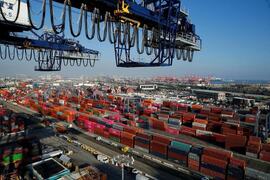
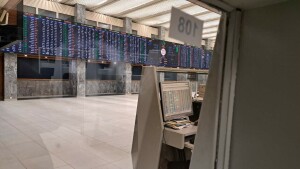
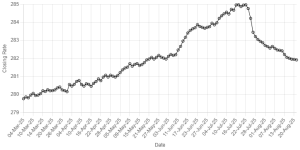


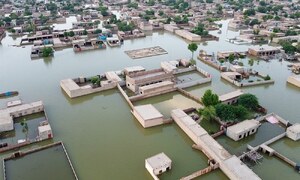
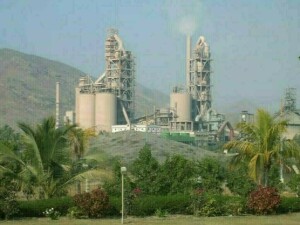
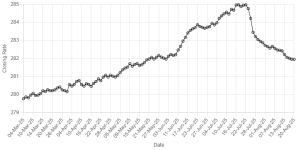

Comments
Comments are closed.